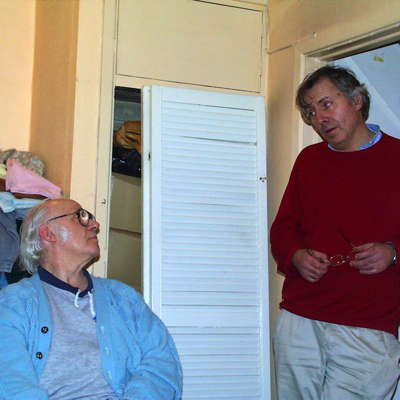- Reinbert de Leeuw
- Henryk Wieniawski
- Puerto Rican
- percussionist
- Aleppo
- San Francisco Ballet Orchestra
- Anthony Cheng
- Dorset
Louise Reichardt
German composer, choral conductor and teacher Louise Reichardt was born in Berlin on 11 April 1779 into a musical family - her parents, Juliane Reichardt (née Benda) and Johann Friedrich Reichardt were both composers, and her maternal grandfather was the Bohemian violinist and composer Franz Benda who worked at the court of Frederick the Great. Reichardt's mother Juliane died when Louise was only four years old.
Louise studied with her father, and played piano, harp, lute and guitar. Four of her early songs were published in 1800, in a collection of her father's songs. Through family connections, she became acquainted with literary figures such as Johann Wolfgang von Goethe, Ludwig Tieck, Georg Philipp Friedrich Freiherr von Hardenberg (known as Novalis), Clemens Brentano and Philip Ludwig Achim von Arnim.
Against the wishes of her father, she moved to Hamburg in 1809, studied with Johann Frederich Clasing, and supported herself by teaching music rather than relying on patrons. She wrote most of her songs between 1809 and 1826 in Hamburg, writing in an accessible folk-style. She founded a music school for women, and also established and conducted a Gesangverein choral society in Hamburg, and although she was never allowed to conduct the choir in public, she was a big influence on musical life in Hamburg. One of her aims was to popularise the works of J S Bach and George Frideric Handel.
Louise Reichardt died in Hamburg on 17 November 1826, aged forty-seven.



